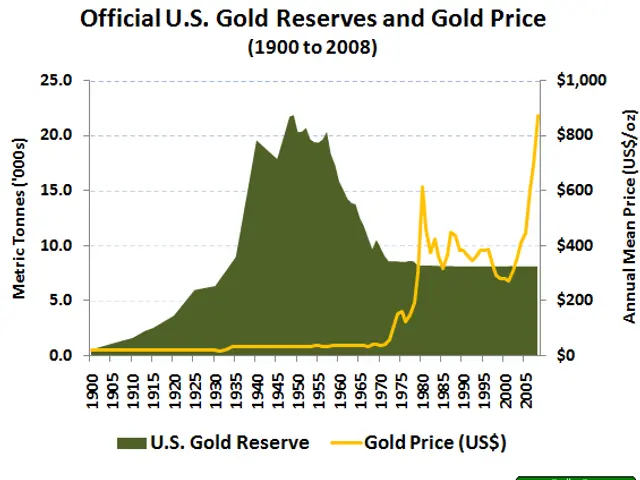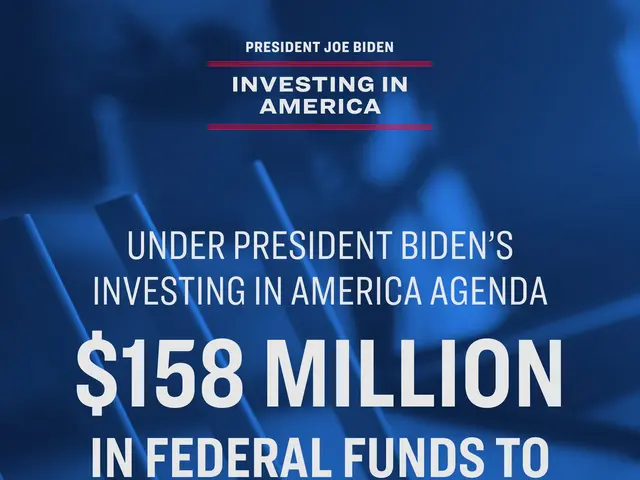EU Simplifies Economic Governance Rules for Efficiency
The European Commission has introduced targeted changes to EU economic governance rules, aiming to simplify procedures and enhance efficiency. Presented on May 1, 2023, the proposals involve the Commission, EU Member States, and the European Parliament in consultation and negotiation.
The Commission seeks to streamline EU law by removing redundant requirements and making financial assistance more efficient. Key changes include clarifying and refining the regulation on enhanced and post-programme surveillance to better target its use and adjust its intensity.
The proposals also align the sanctions regulation and the Draft Budgetary Plan regulation with the reformed Stability and Growth Pact. These amendments aim to ensure consistency with the April 2024 reform, reduce reporting burdens, and simplify funding arrangements. For non-euro area Member States, the balance of payments facility funding will be simplified to a more cost-effective 'diversified' strategy.
The Commission's proposals, part of its simplification agenda outlined in the February 2025 Communication on Implementation and Simplification, aim to reduce the reporting burden on Member States while maintaining effective fiscal oversight. The institutions involved continue to consult and negotiate these changes to EU economic governance rules.






